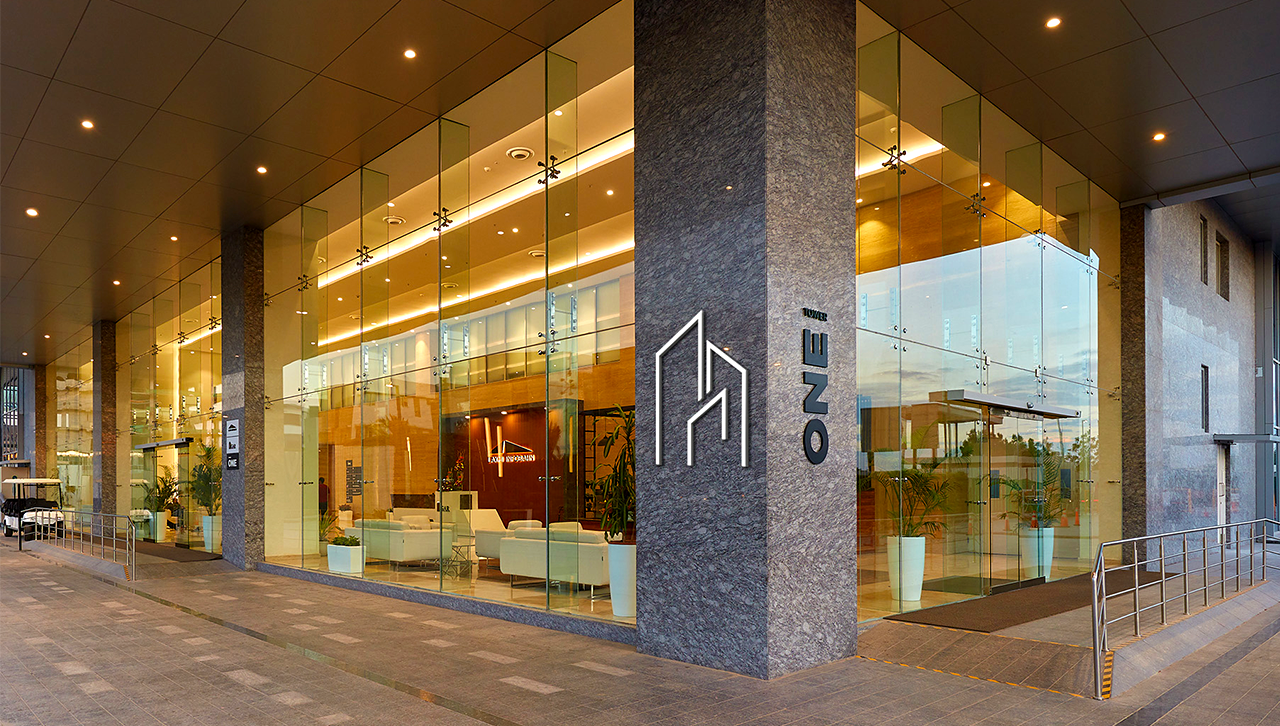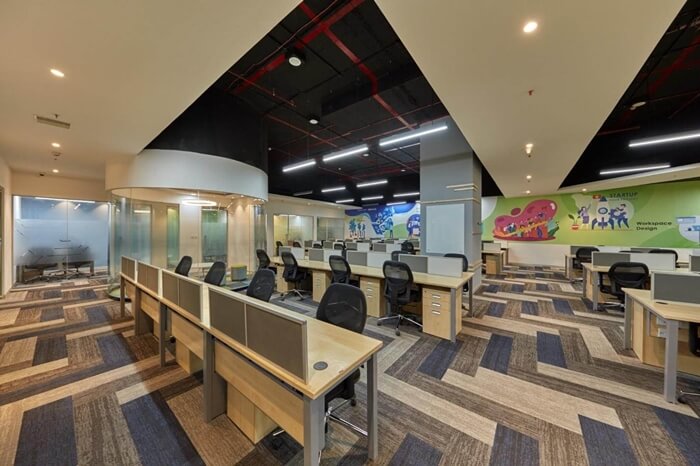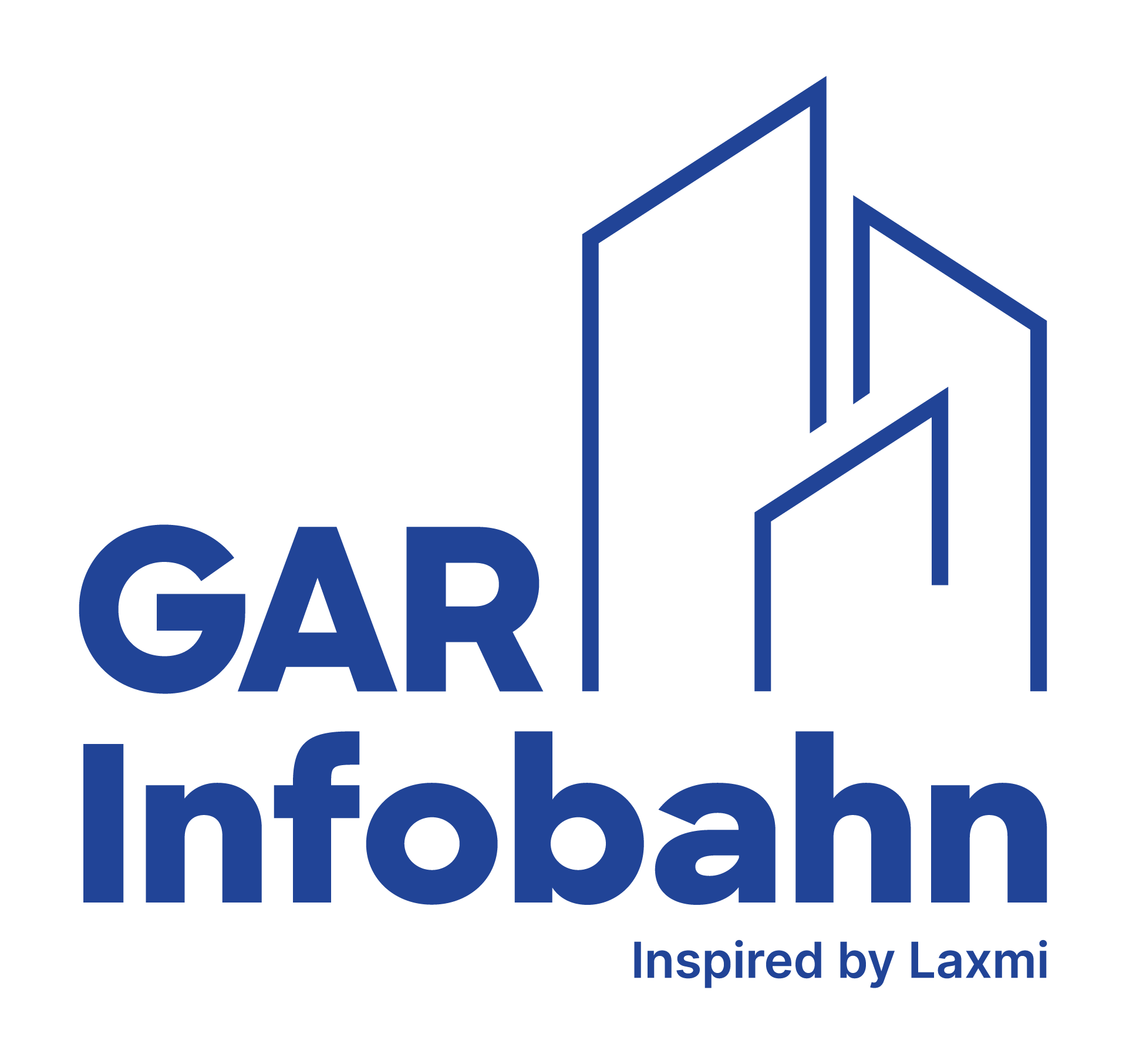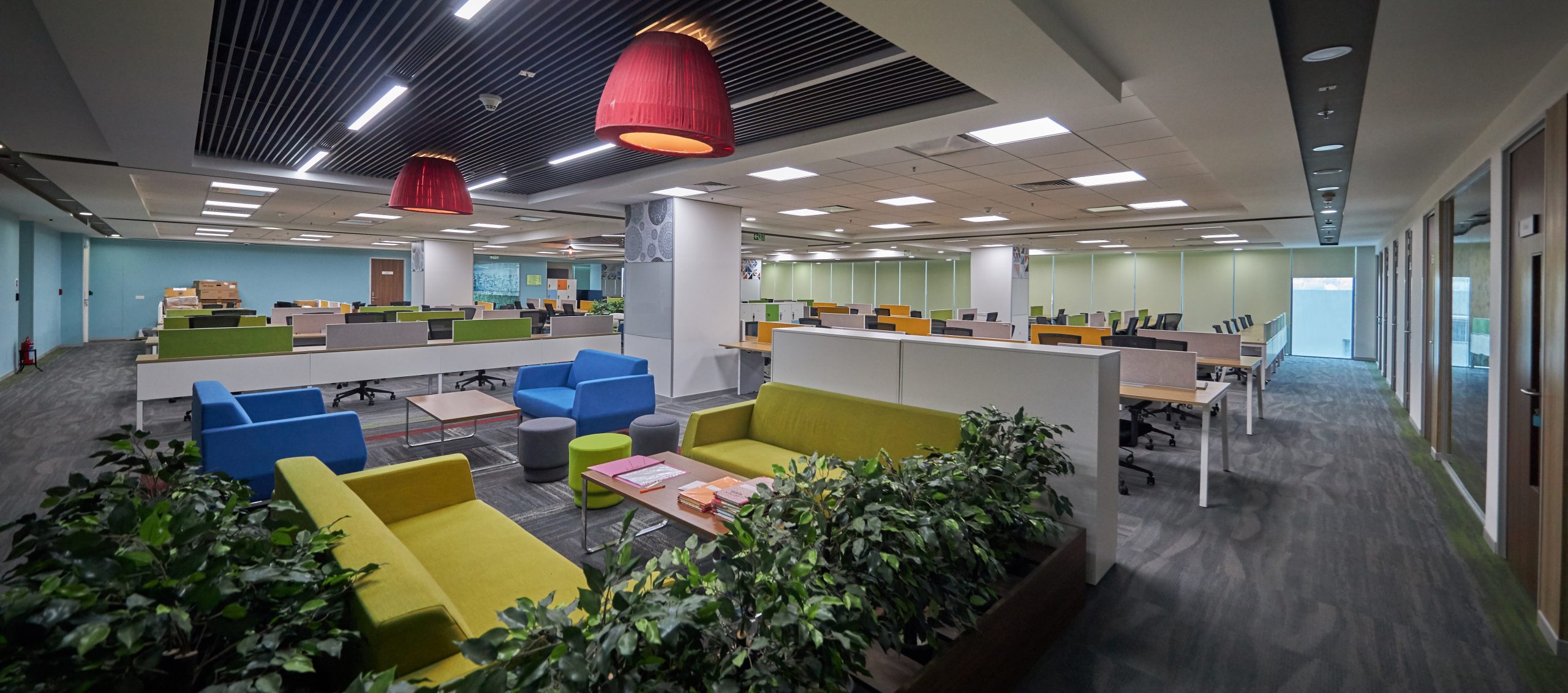
REMOTE WORK: IS IT SUSTAINABLE IN THE LONG RUN?
The year 2020 has been challenging in more ways than one. With the world staying indoors to #StopTheSpread of #Coronavirus, companies around the world have switched over to remote work. With work getting completed, everything looked rosy. However, as the pandemic stretches on and the number of cases see-saw, some companies are souring on remote work. What is going wrong? We take a look.
According to a recent report in The Wallstreet Journal, companies are starting to think that remote work isn’t so great after all. Projects take longer. Collaboration is harder. And training new workers is a struggle. This is in stark contrast to how things were four months ago. The report says that even companies who advocated the remote work culture around four months ago feel that it is not ‘sustainable.’
ADJUSTING TO THE NEW NORMAL
Juggling work-life balance is gradually becoming a challenge. If during the start of the pandemic people were scared about losing their jobs, and the uncertainty that followed, today the fear-induced productivity is seeing a slack. Even though most of the companies are sticking to remote work, some have eased the rules and are getting people back to the office.
WHEN THE FATIGUE CREEPS IN
The Wallstreet Journal report quotes Peter P. Kowalczuk, president of Canon Solutions America, a division of copier and camera giant Canon Inc., which employs about 15,000 people across the country, as saying ‘You can tell people are getting fatigued’. And this fatigue is real. A study by Microsoft reveals that a commonly discussed pain point of remote work is that it can feel more challenging or tiring than in-person collaboration. The study found that overwork and stress are significantly higher in video meetings than non-meeting work. The study also said that due to high levels of sustained concentration, fatigue begins to set in 30-40 minutes into a meeting and two hours into the day.
WHEN TEAMWORK DOES NOT WORK
It is a given that the deadlines become too much of a challenge when working remotely. Problems that took an hour to solve in the office stretched out for a day when workers were remote. Spontaneous interactions across the office are dwindling. There are no conversations in the break-out area. The Wallstreet Journal report quotes Mary Bilbrey, a global chief human resources officer at real-estate giant Jones Lang LaSalle Inc as saying conversations with peers that wouldn’t have happened in a remote set up—a discussion sparked by a passing question in the hall, for instance. “They weren’t going to think about scheduling a 30-minute call to do it,” she adds. And that, we think, sums it all up.
ISSUES WITH NEW HIRES
There are a lot of companies across the world that have not stopped hiring despite the lockdown. These new hires are finding it very difficult to learn about the company culture. People who have to work in collaboration with the new hires are finding it difficult to strike a balance.

A HYBRID FUTURE
While many employers and employees are waiting for the chance to resume a normal life, and return to their workspaces, many companies are thinking about a hybrid future. An ample mix of remote work coupled with time to convene as a team is being considered. Some companies are planning to institute core hours for their employees when they regularly convene as a team. Will these new developments work? In this evolving phase, where everything is in a state of flux, we are unsure.
At GAR Infobahn, we are ready to welcome our tenants back. We follow a 5S approach to ensure your safety. The 5S stands for screening, segregating, social distancing, sanitizing, and sensitizing. A systematic screening will be carried out at the campus entry points by using digital infrared thermometers and cameras to identify potential infection threats. If anyone entering the campus shows any signs of illness, they will be segregated and sent to the medical facilities, and information will be passed on to the HR/FM authorities. We have also undertaken strict social distancing measures in all the common areas. We disinfect and fumigate all common areas in addition to the normal cleaning of the entire campus. We use digital and print media to sensitize all the stakeholders and to inculcate a sense of self-discipline. We have also put together a pandemic response team to address any issues that may arise. In short, you can rest assured that there is no reason for worry inside the campus. We love to see the campus come to life with your active participation.
So, what are your thoughts? Do you have any concerns? Do let us know.







